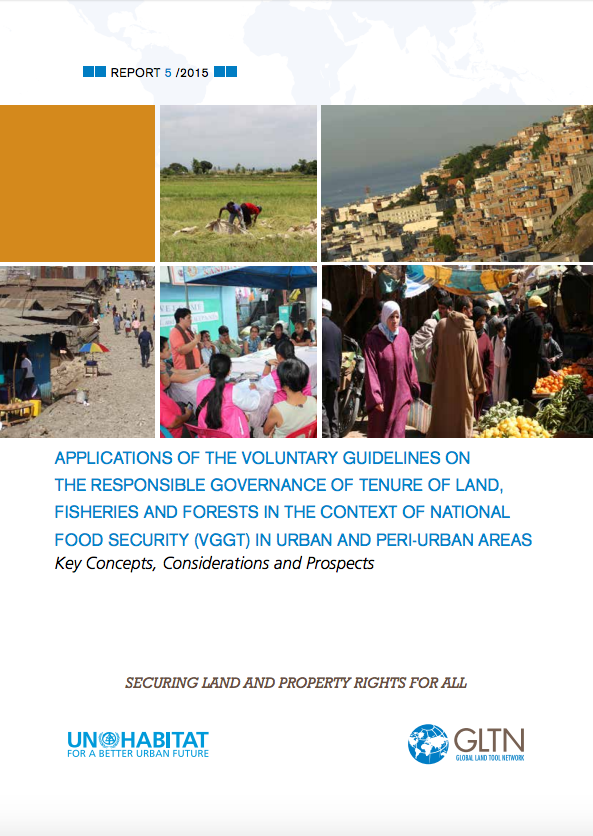Local Budget Transparency and Participation : Evidence from the Kyrgyz Republic
The paper investigates determinants of
civic participation in local budget processes in rural areas
in the Kyrgyz Republic by using data from the Life in
Kyrgyzstan survey, conducted in 2012. The analysis of the
data suggests that although civic awareness and interest in
local budget processes is relatively high, the participation
rate in local budgeting processes is low. The paper also
shows that interest, awareness, and participation are



